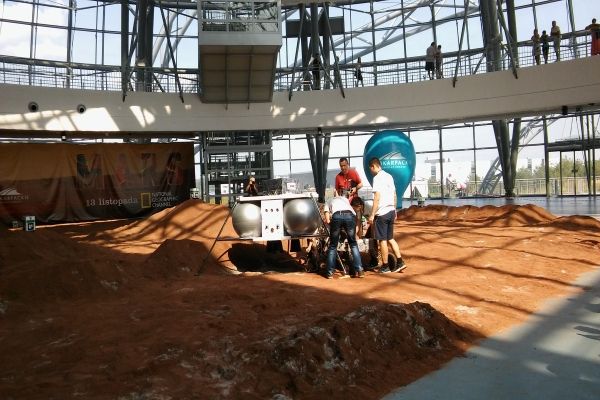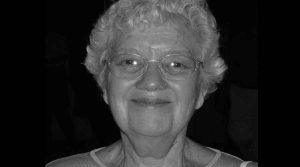
We know the winners of European Rover Challenge competition Scientific Journal
We know the winners of the European Rover Challenge
Another edition of the European Rover Challenge is over. The Raptors team from the Technical University of Lodz won the Mars rover competition. In second place was the Impuls team from Swietokrzyska University of Technology. On the last place of the podium was the Canadian team McGill. Special prize went to Continuum team from the University of Wroclaw.
The teams and their rovers competed in m.in. The European Rover Challenge is the first of its kind in the worldóThe competition was also a chance to test the rover’s ability to locate and capture a specific object or to repair broken equipment with the use of a robotic arm. The rover was controlled from outside the site. The driver of the vehicle had a camera and GPS readings. Organizers thusób they wanted to adjust the conditions as much as possible to those prevailing on Mars.
The competition took place on 10-12 September in Jasionka near Rzeszów. More than 40 teams took part in the European Rover Challengeófrom all over the world.
Especially for the competitionóA special track was set up in the Exhibition and Convention Center, whichówhich was supposed to imitate Martian conditions. 280 tons of soil were used to build it. It has created craters and sand dunes.
The event, dubbed the largest robotics and space event in Europe, has also bought the European Robotics Congress under its wings, at whichóThe event was presented to the m.in. The event was accompanied by demonstrations, workshops and panel discussions, including a discussion of the assumptions for the Polish Space Strategy and a report on the potential and possibilities for development of the space and robotics industry in our country.
The meetings were attended by representatives of the Ministry of Development and the Ministry of Science and Higher Education. The event was also accompanied by demonstrations, workshops and panel discussions.

